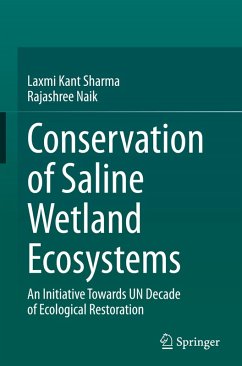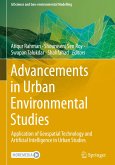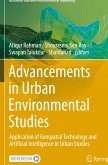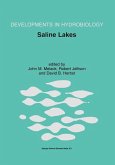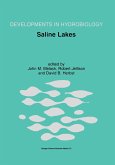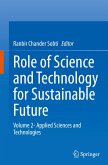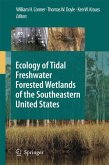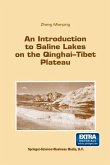This authored book is a comprehensive collection of information on saline wetland ecosystems, focusing on the application of advanced technologies like LiDAR, UAVs, and artificial intelligence for the conservation of these critical ecosystems.
Saline lakes, known for their extreme conditions, play a vital role in global water systems. This book investigates how advanced tools such as airborne and spaceborne multispectral/hyperspectral sensors, light detection and ranging (LiDAR), Unmanned Aircraft Vehicles (UAVs), and spectroradiometers, combined with AI and the Internet of Things (IoT), can be harnessed for effective restoration and conservation efforts. The book is enriched with detailed infographics, flowcharts, graphs, and tables, making complex information accessible and engaging. A dedicated section of case studies provides practical examples that highlight the real-world impact of the discussed technologies.
This book will be of interest to academicians, scientists, ecologists, hydrologists, limnologists, earth data scientists, ecosystem conservationists, environmental planners, engineers, policymakers, geologists, data analysts, climate scientists, and remote sensing and GIS specialists. It also serves as valuable reading material for undergraduate and graduate students of ecology, wetlands, and earth and environmental sciences
Saline lakes, known for their extreme conditions, play a vital role in global water systems. This book investigates how advanced tools such as airborne and spaceborne multispectral/hyperspectral sensors, light detection and ranging (LiDAR), Unmanned Aircraft Vehicles (UAVs), and spectroradiometers, combined with AI and the Internet of Things (IoT), can be harnessed for effective restoration and conservation efforts. The book is enriched with detailed infographics, flowcharts, graphs, and tables, making complex information accessible and engaging. A dedicated section of case studies provides practical examples that highlight the real-world impact of the discussed technologies.
This book will be of interest to academicians, scientists, ecologists, hydrologists, limnologists, earth data scientists, ecosystem conservationists, environmental planners, engineers, policymakers, geologists, data analysts, climate scientists, and remote sensing and GIS specialists. It also serves as valuable reading material for undergraduate and graduate students of ecology, wetlands, and earth and environmental sciences

